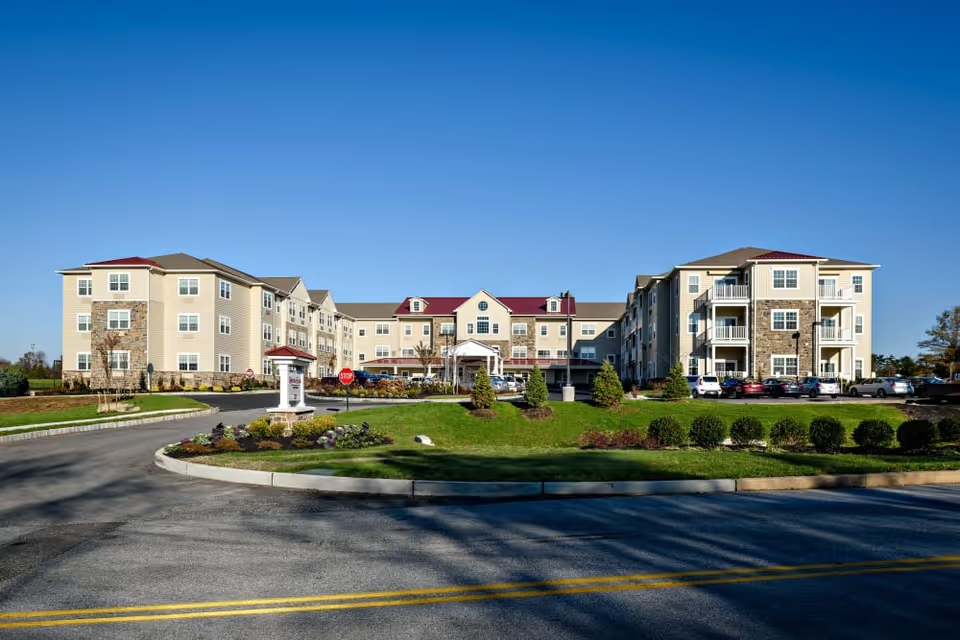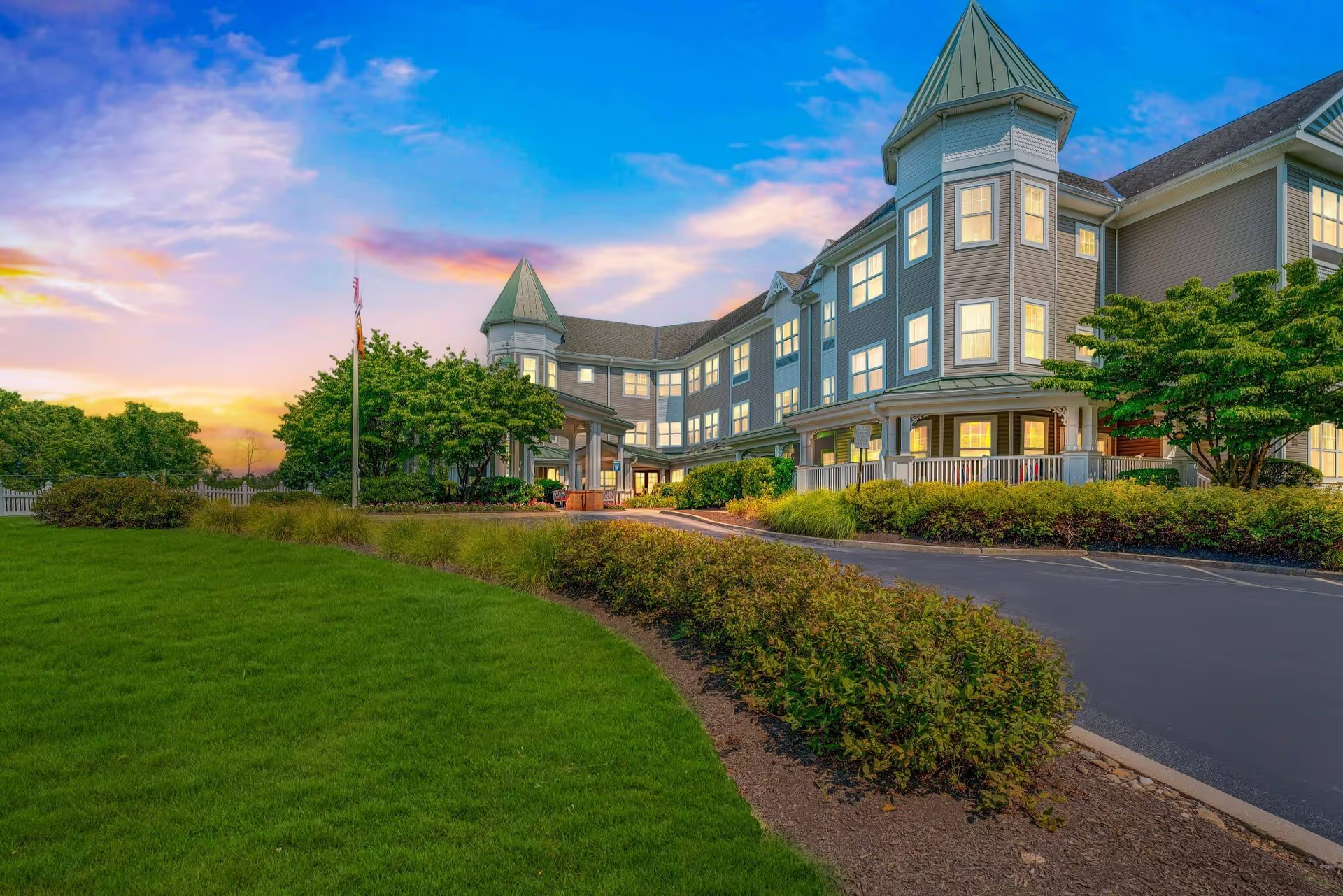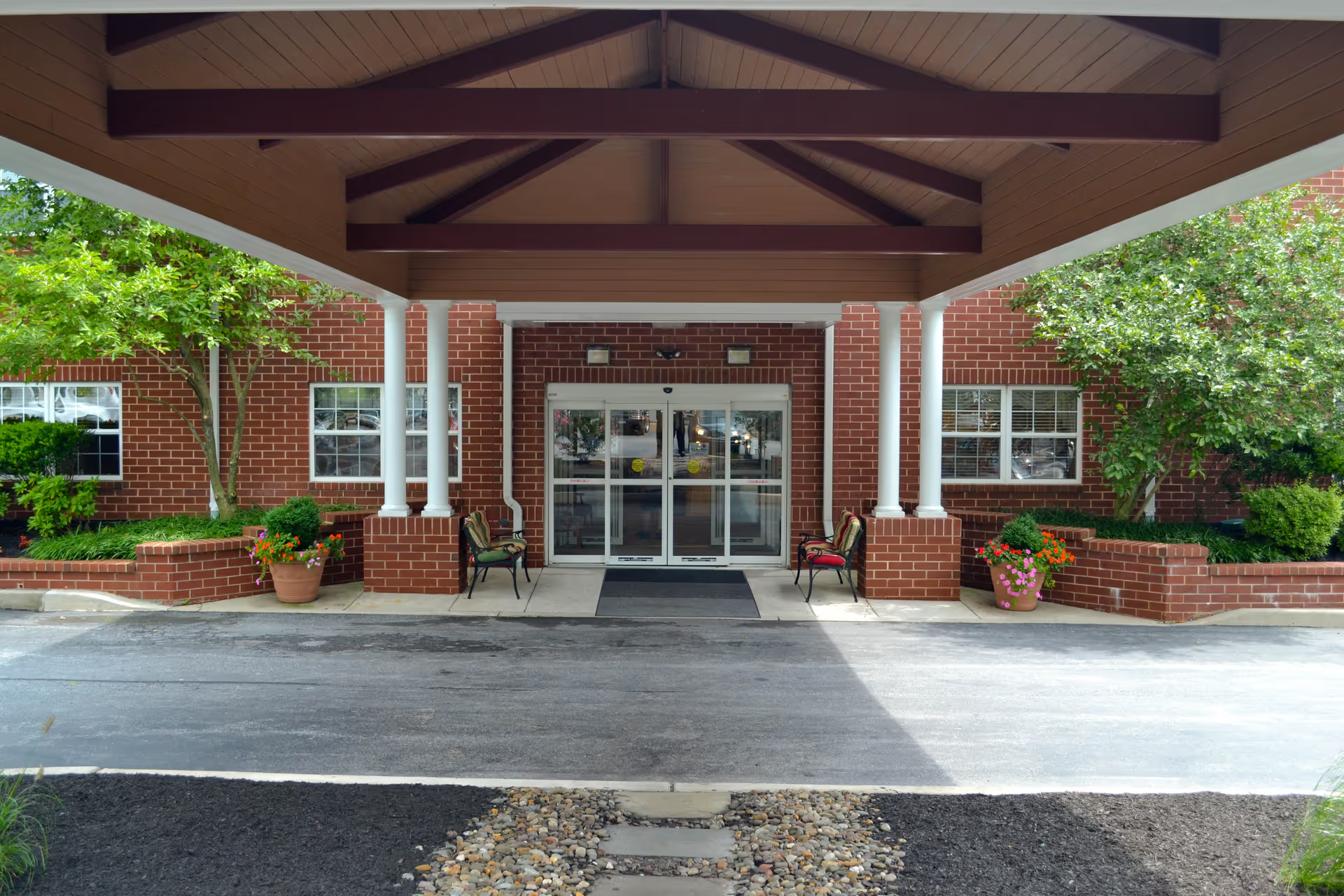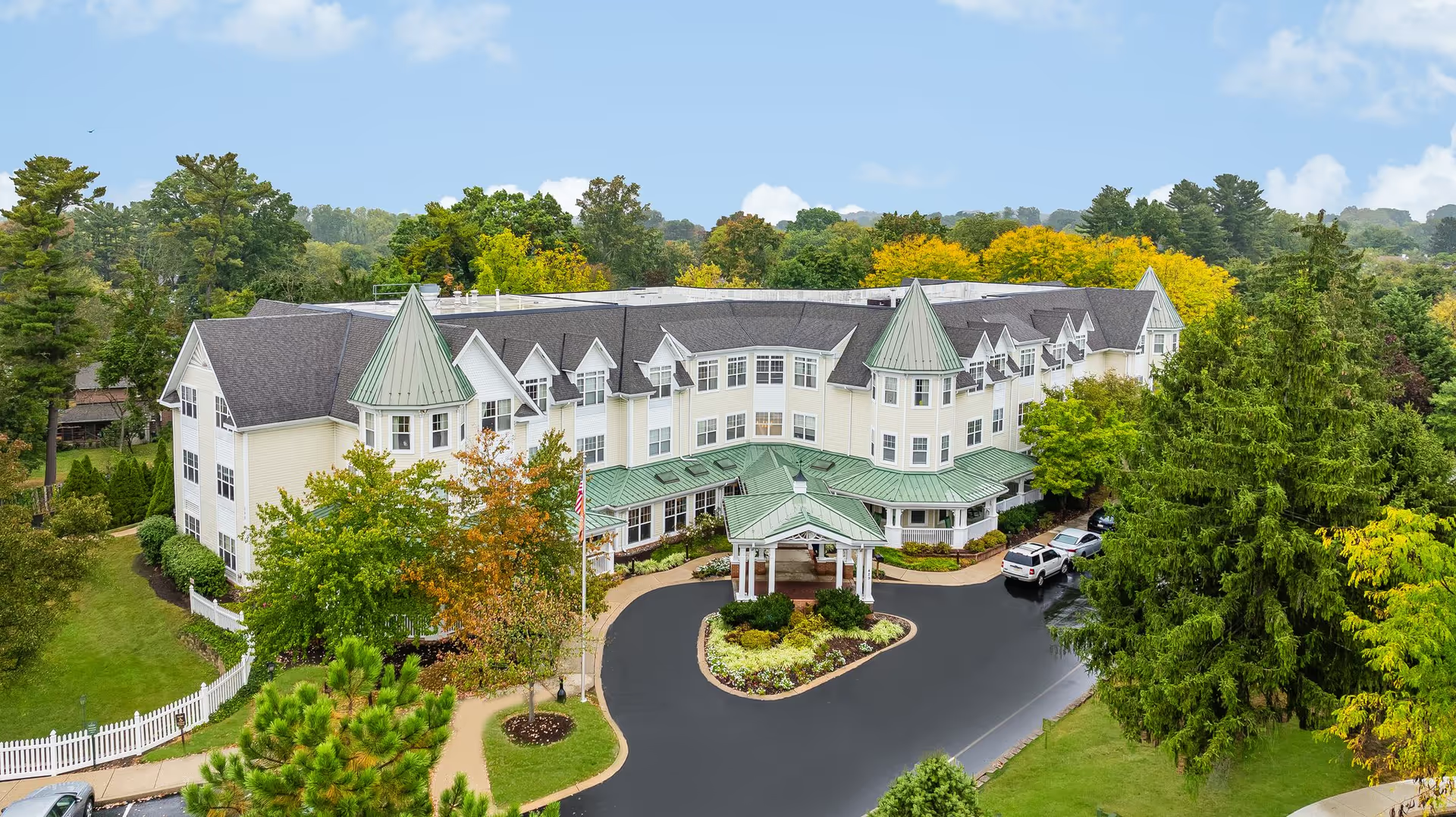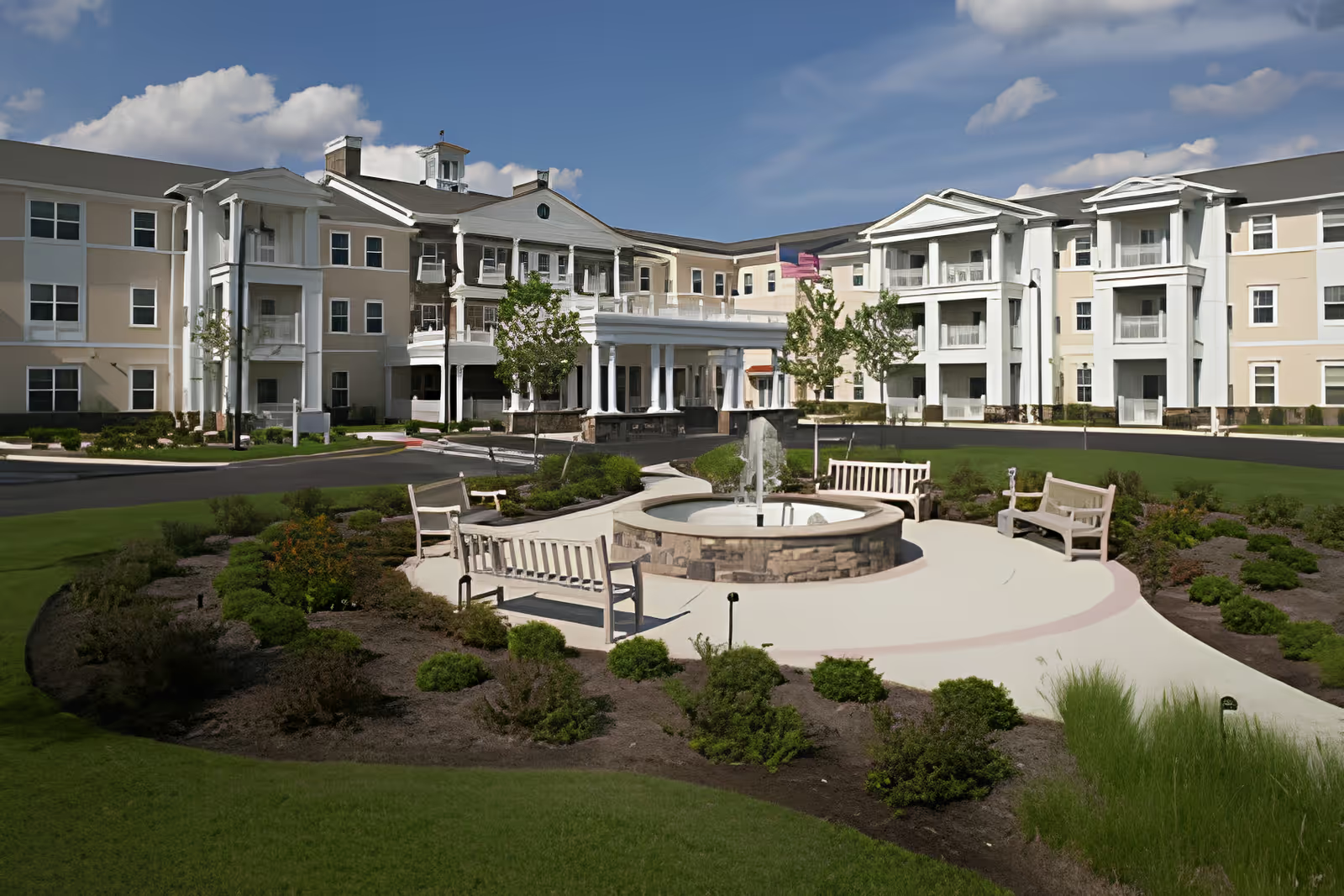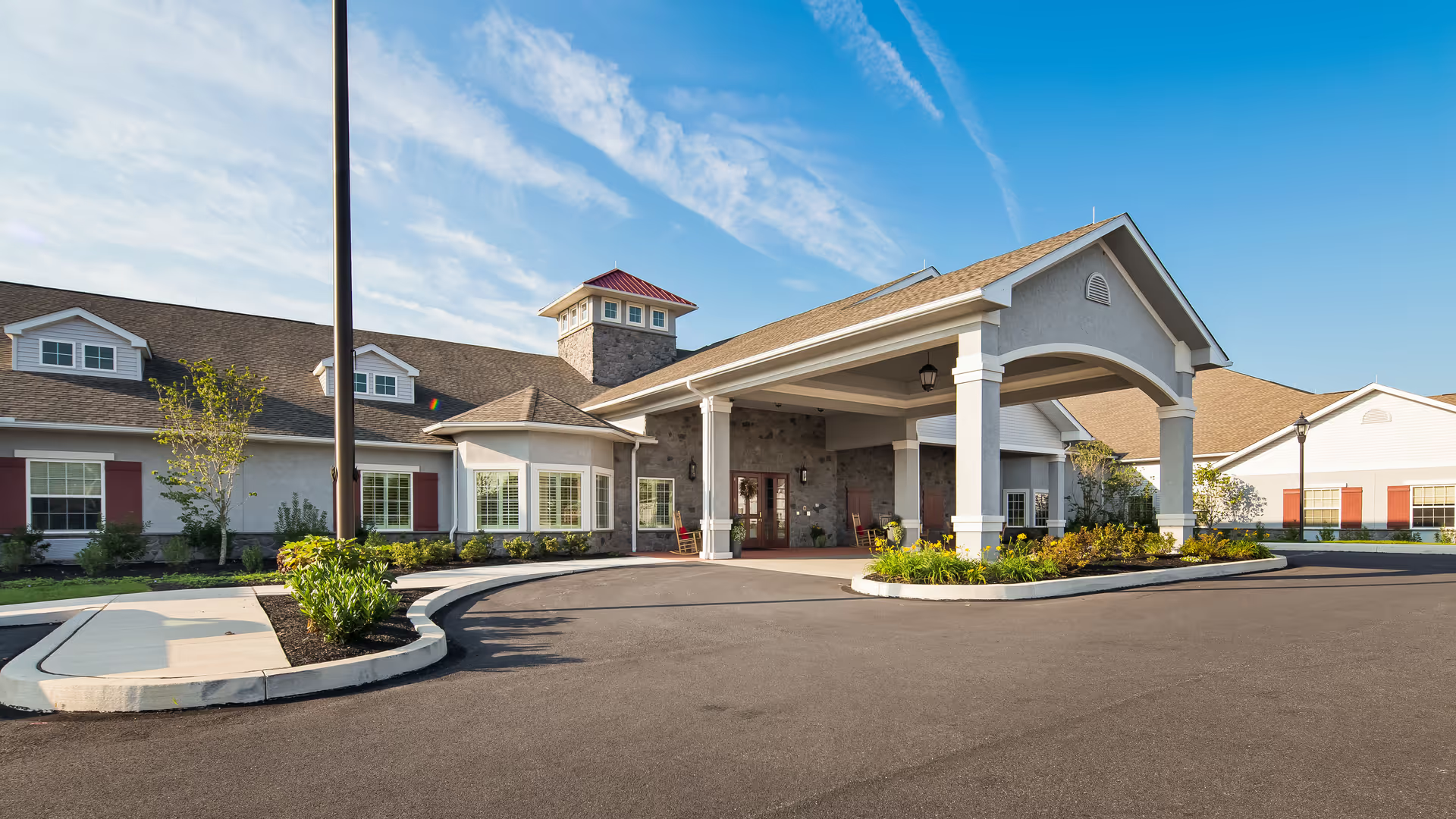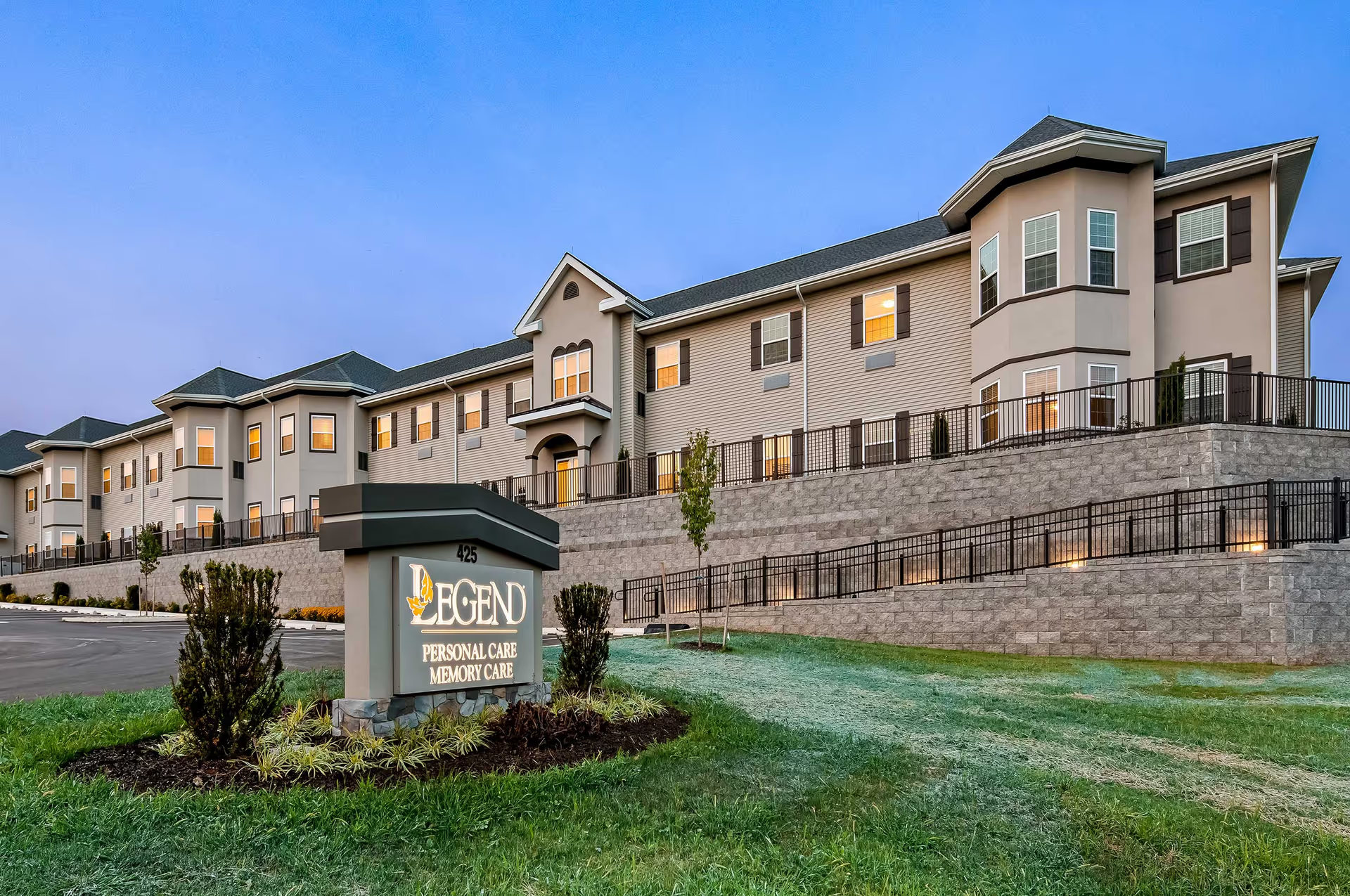Overall sentiment about Westminster Village at Dover is mixed but leans positive in many reviews, with strong praise for staff, community amenities, living accommodations, and the facility’s overall appearance. A significant number of reviewers describe the staff as friendly, caring, and responsive; several single out nurses, aides, and front-desk personnel as outstanding and communicative. The campus and apartments receive frequent compliments—units described as spacious, well-decorated, and accessible (including two-bedroom options and wheelchair-friendly bathrooms). Grounds and community spaces (library, gym, pool room, cafe-style dining, enclosed patios near memory care) are often noted as attractive and well-kept, contributing to a strong sense of community and social interaction among residents. Practical services such as prompt maintenance, meal delivery, on-time dialysis transport, vaccinations, rehab services, and 24-hour nursing/skilled care are also frequently cited as positives.
At the same time, there are recurring and significant concerns that temper the positive comments. Understaffing is the single most consistent negative theme: reviewers report insufficient personnel leading to missed or delayed care, reduced one-on-one attention, and a feeling that staff are occasionally overwhelmed. Several reviews describe specific neglectful incidents (missed showers, poor grooming), staff yelling at residents, and instances where reports or family concerns were ignored. A smaller but serious set of accounts mention privacy violations and premature discharges, and there are multiple references to safety incidents such as bed falls and subsequent hospital trips. These reports create a clear pattern: when staffing or oversight is stretched, the risk to resident dignity, hygiene, and safety appears to increase in reviewers’ experiences.
Management, communication, and administrative issues are another major theme. Some families praise administrative responsiveness (clear explanations, help with paperwork, scheduling vaccinations), while others report rude or unhelpful financial contacts, annual price increases, decreasing services despite higher costs, and billing or insurance paperwork problems that led to large bills. Several reviewers mentioned a discrepancy between what was advertised or written in paperwork and what was actually delivered, including reductions in outdoor maintenance and fewer activities (weekend activities or certain communal events suspended, especially during COVID). There is also a divide in impressions of the institution’s size: some appreciate the breadth of services available in a larger campus (independent living through skilled nursing), while others find the community too large and impersonal and would prefer a smaller setting for more individualized attention.
Dining and activities show a split in assessments. Many reviewers praise the food and the kitchen (dinners described as delicious and healthy by some; cafe-style setup appreciated), social meal delivery, and plentiful activities that foster engagement. Conversely, a number of residents report that meals have become poor or ‘hospital-like,’ and that activity offerings have been curtailed at times. COVID-related activity suspensions were explicitly noted, and a few reviews mention no weekend activities as a negative. Memory care receives generally positive remarks—reviewers report comforting, appropriate care and enclosed patios for safety—indicating that specialized care areas are functioning well for many residents.
In summary, Westminster Village at Dover presents a complex picture: its physical plant, apartment-style living, community amenities, and many staff members receive consistent praise and make it an attractive alternative to in-home elder care for many families. However, persistent concerns about staffing levels, inconsistent caregiving quality, occasional safety and privacy incidents, administrative opacity around costs and billing, and some declines in service or dining quality are significant and recurring. Prospective residents and families should weigh the strong positives—community, cleanliness, amenities, and presence of skilled services—against the documented negatives. It would be prudent for decision-makers to ask targeted questions about staff-to-resident ratios, weekend/activity schedules, recent staffing changes, incident reporting and resolution policies, billing practices, and how the community has addressed past complaints before committing. Those already in the community who are satisfied often emphasize the warm, family-like atmosphere and reliable services; those with negative experiences point to systemic issues that, if unaddressed, could materially impact safety and quality of life.

